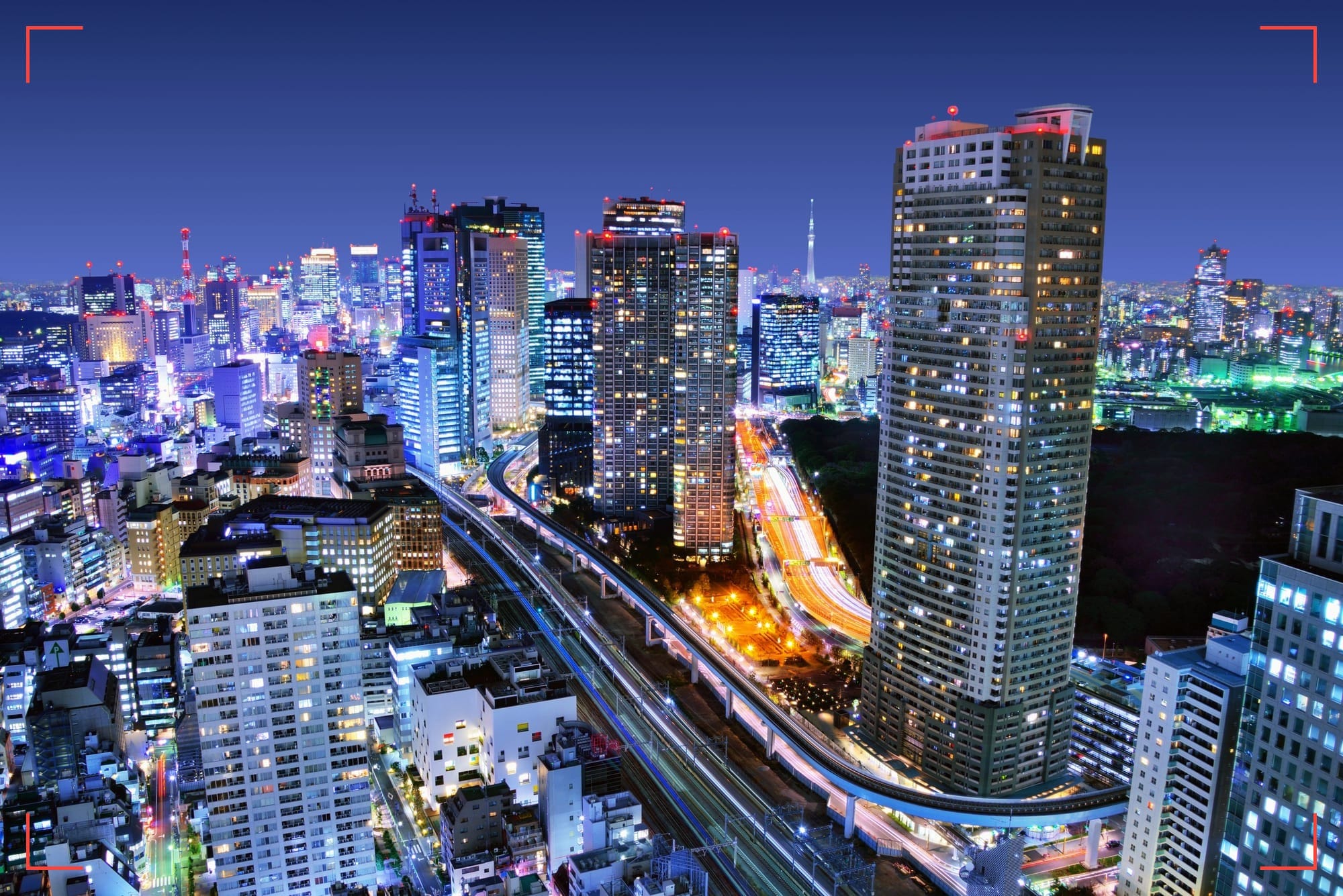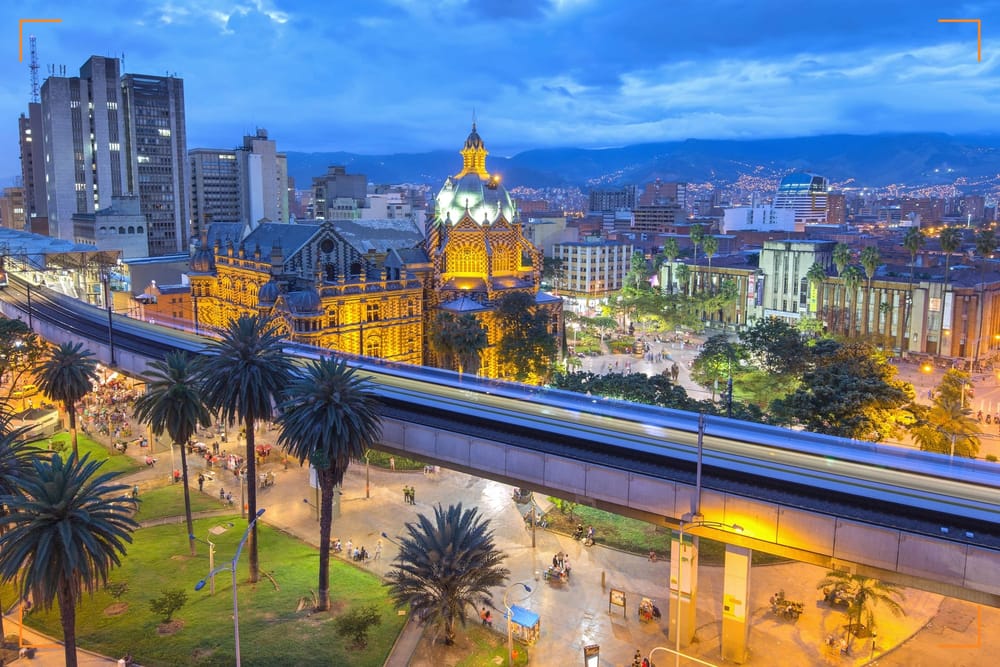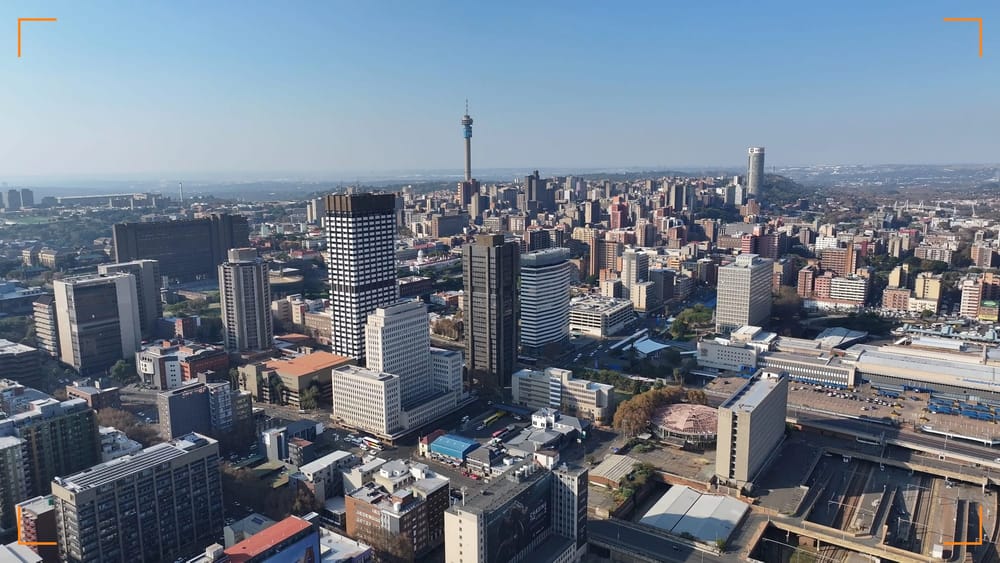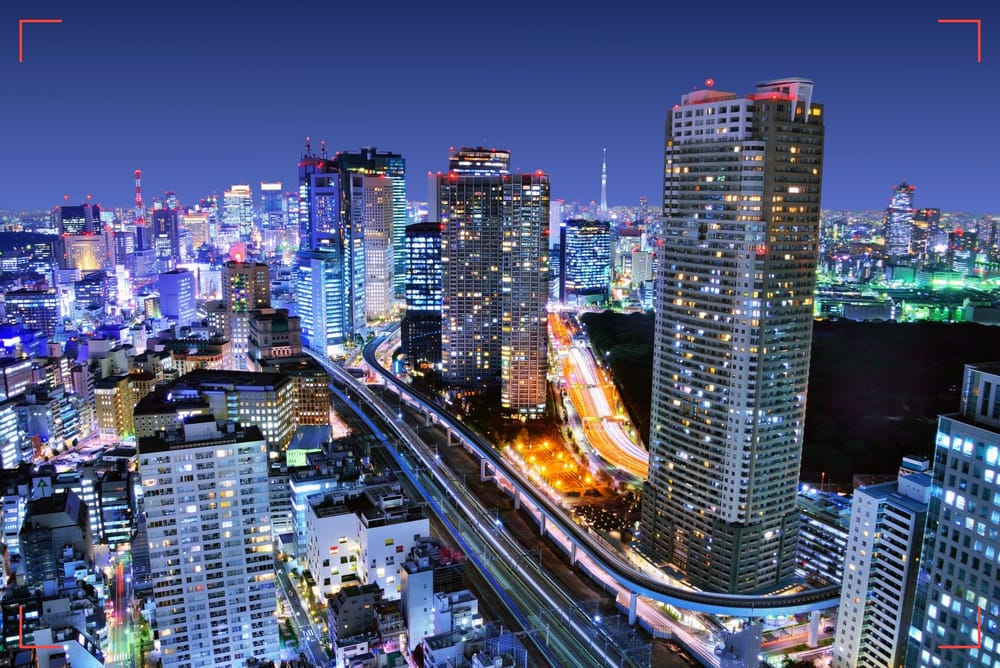Asia-Pacific - East Asia and Oceania RegionalPULSE: 03 JUL 2025
Geopolitical & Security Analysis Regional Report

Report Details
Initial Publish Date
Last Updated: 03 JUL 2025
Report Focus Location: Asia-Pacific - East Asia
Authors: DP, MAM, ZR
Contributors: GSAT
GSAT Lead: MF
RileySENTINEL provides timely intelligence and in-depth analysis for complex environments. Our global team blends international reach with local expertise, offering unique insights to navigate challenging operations. For custom insights or urgent consultations, contact us here.
Report Summary
This study presents a thorough examination of the current geopolitical and security environment throughout Asia-Pacific, with an emphasis on high-profile developments in East Asia and Oceania.
- China launched a dual-track strategy balancing external engagement and domestic control: a new trade framework with the U.S. eases restrictions on rare earth exports, while Beijing intensifies internal military discipline and classifies key fentanyl precursors to address U.S. pressure.
- Record flooding in central China disrupted transport and displaced over 18,000 people, underscoring climate vulnerability and its cascading impact on supply chains and governance capacity.
- Japan’s industrial sector showed signs of recovery, with the manufacturing PMI reaching expansion territory for the first time in over a year, though uncertainty over U.S. tariffs remains a drag on new orders.
- Tokyo adopted a more assertive security posture, successfully testing a domestic missile system and preparing for joint naval operations with the U.K. amid rising Indo-Pacific tensions.
- North Korea is preparing to send 30,000 additional troops to Russia, deepening military ties with Moscow amid its continued nuclear activity and reported radioactive waste discharge into waterways near the South Korean border.
- Cybersecurity emerged as a top concern in South Korea, as a surge in ransomware and supply chain attacks exposed systemic gaps in infrastructure, investment, and legal coordination.
- President Lee Jae-myung’s new administration in South Korea signals a shift toward democratic revival, economic resilience, and civilian-led defense modernization, while expanding cooperation with NATO and New Zealand.
- Taiwan remains politically gridlocked, with judicial nominations blocked and legislative processes stalled. In parallel, Taipei will conduct large-scale defense drills as China intensifies rhetoric over national identity.
- Hong Kong’s political space shrinks further with the disbandment of its last pro-democracy party, the League of Social Democrats, under pressure from the National Security Law.
- Mongolia’s new coalition government is implementing austerity measures to curb public spending and stabilize fiscal conditions after weeks of political turmoil, though exclusion of the opposition could fuel polarization.
- New Zealand’s investor visa reforms triggered a surge in applications, attracting over US$500 million in capital within three months, largely from U.S. and Chinese investors, as Wellington deepens strategic ties with regional partners.
Remaining content is for members on Charter Member only.
Please subscribe to Charter Member and unlock this article and more content.
Subscribe Now







